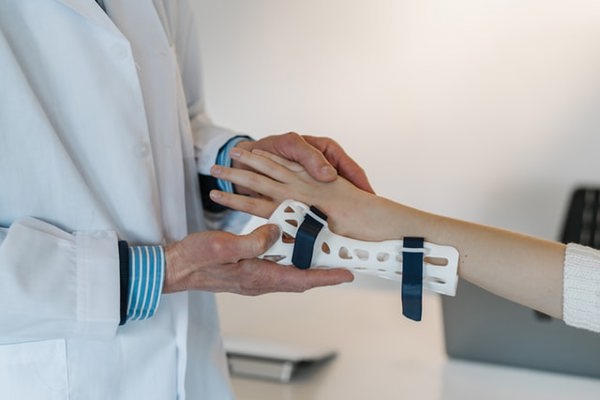The Supreme Court recently considered this in an English case involving an A&E receptionist. A patient had attended A&E in Croydon. He presented with a head injury. The receptionist told him he would have to wait up to 4-5 hours before he could be seen by a doctor. This was an error. The hospital's policy was that anyone presenting with a head injury would be seen by a triage nurse within 30 minutes of arrival. Other receptionists usually provided patients with information about the priority which was given to patients with head injuries.
The patient left after 19 minutes because he felt too unwell to wait to be seen. He thought that he would have to wait for a number of hours. Later that evening his condition worsened and he called an ambulance and returned to hospital. He was diagnosed with permanent brain damage.
The hospital were found liable for his injuries. Receptionists are expected to take reasonable care not to provide misleading advice. In this case, the advice she provided was misleading. On the basis of that advice, that the patient would have to wait for up to four to five hours to be seen, the patient decided to leave. Had he remained at the A&E Department, and been seen and treated, he would have made a nearly full recovery from his injury. The hospital were therefore found liable for his severe brain damage.
In medical negligence cases, no distinction is made between medical and non-medical staff when considering whether or not a duty of care applies. The hospital owes a duty of care to the patient; all hospital staff must take reasonable care.
This is a clear example of negligence based on misleading information. If you have been provided with misleading information, and it has had a direct effect on the development of an illness or injury, you may have a claim. Our clinical negligence team would be happy to help you.


